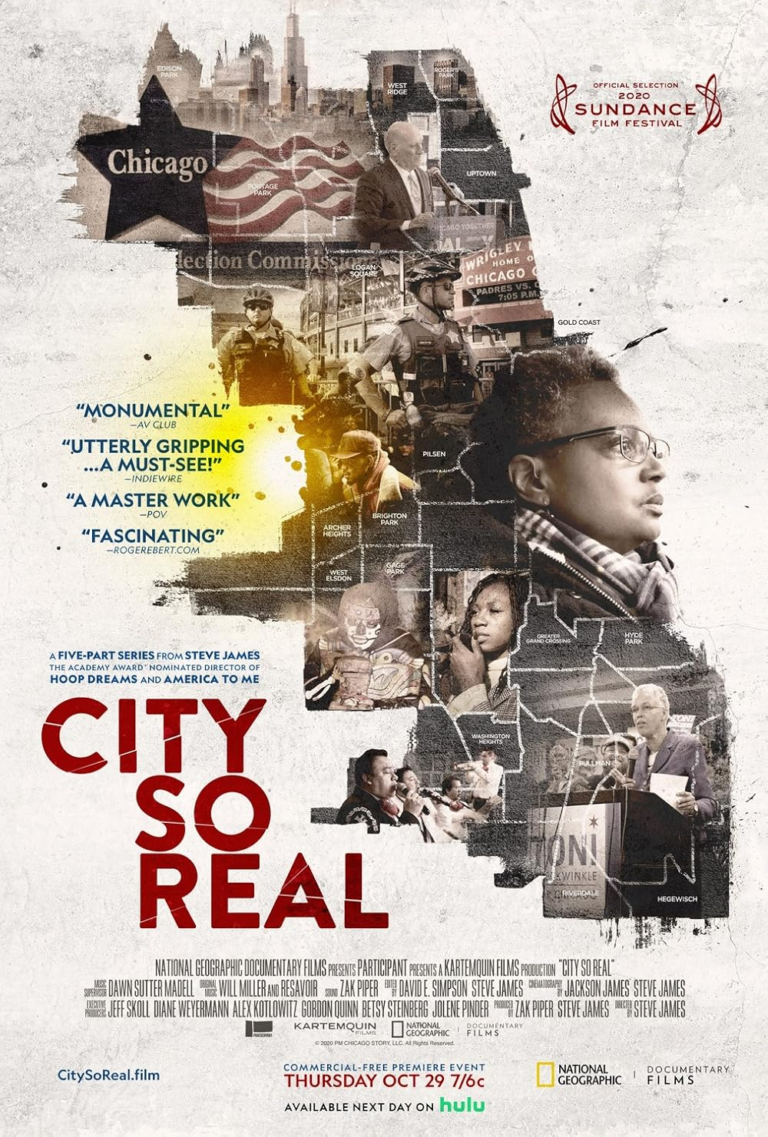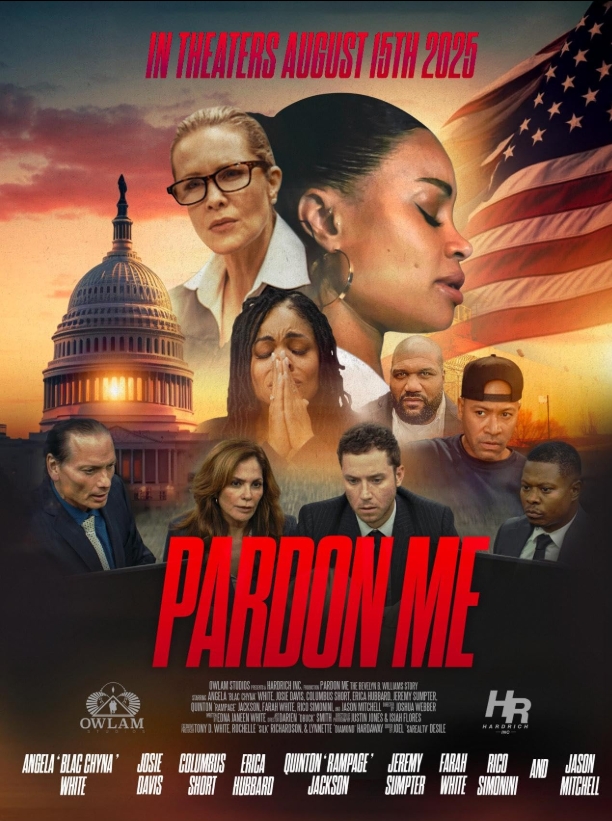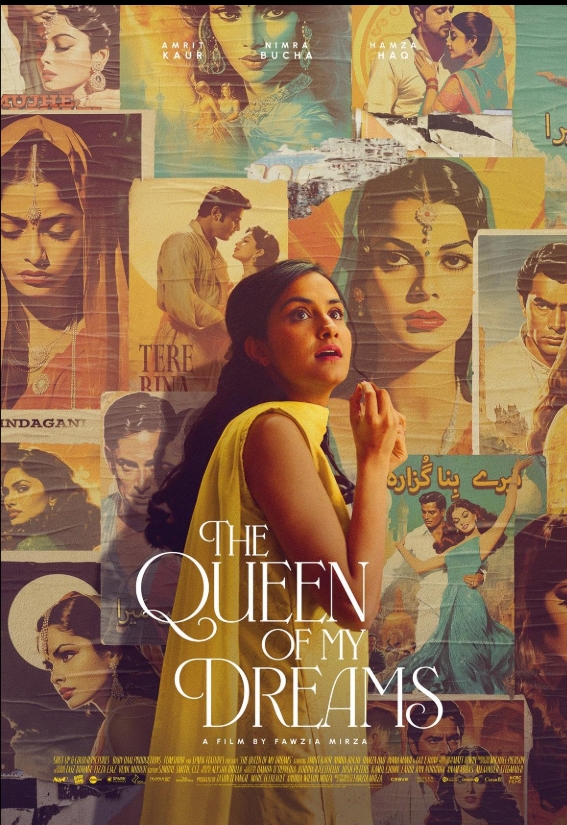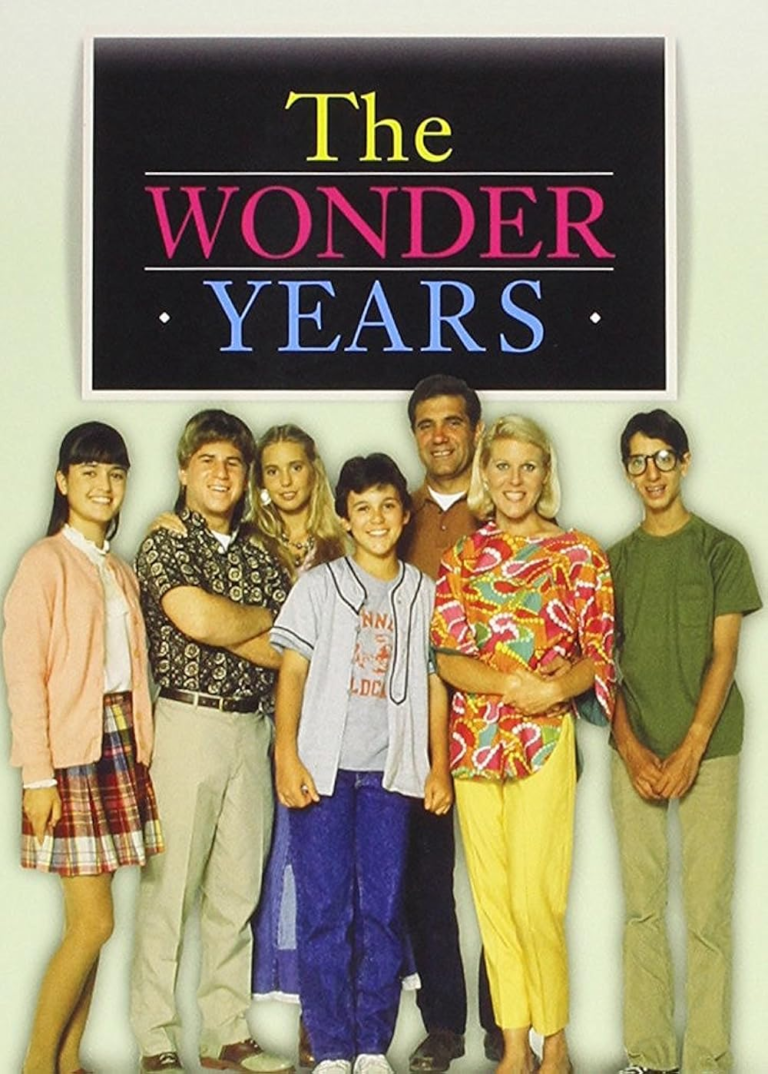Lady in the Lake Christian Review
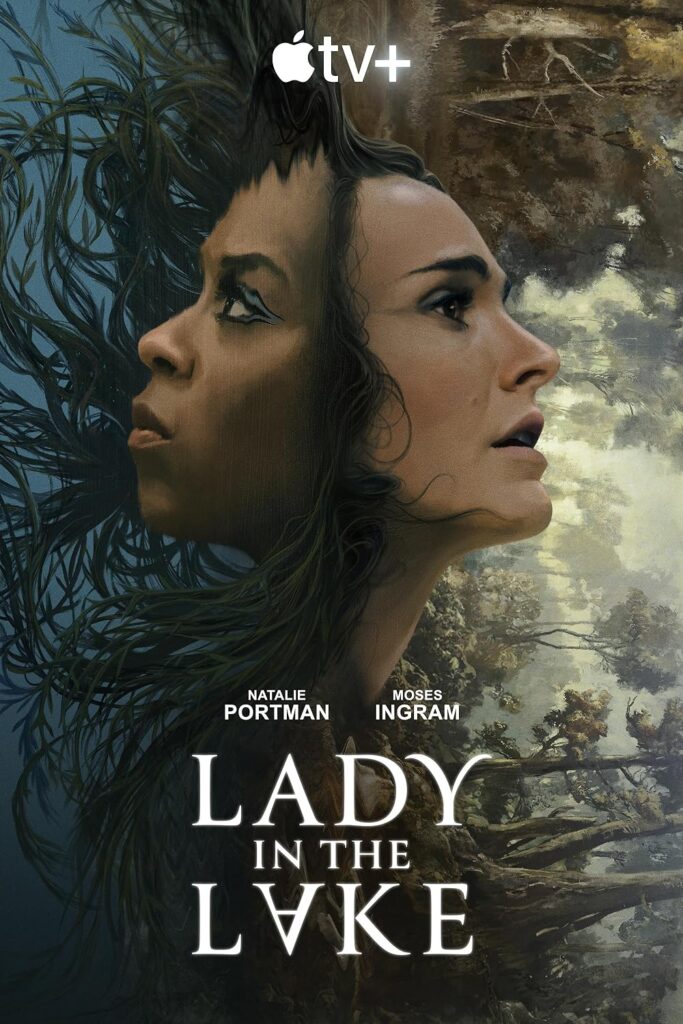
Diving into “Lady in the Lake,” a journey back to 1960s Baltimore, we’re immediately drawn into the lives of Maddie Schwartz and Cleo Sherwood. Maddie, portrayed by Natalie Portman, begins as a housewife stifled by societal expectations, yearning for more than just domestic duties. Her encounter with a missing girl’s case propels her into the risky world of investigative journalism, where she discovers a newfound purpose but also confronts her own past and its shadows. Meanwhile, Cleo, played by Moses Ingram, navigates the challenges of being a Black woman in a segregated society, juggling multiple jobs and fighting for her family’s future amidst racial tensions and political intrigue.
Character Journeys and Parallel Lives
Maddie and Cleo initially appear as polar opposites: Maddie, a Jewish homemaker from a comfortable background, and Cleo, a Black woman working tirelessly to make ends meet. Yet, as their stories unfold, we see their paths converge, revealing shared struggles against societal norms and personal demons. Maddie’s evolution from housewife to fearless journalist mirrors Cleo’s fight for dignity and justice in a world stacked against her.
Their journey towards self-discovery and empowerment resonates deeply, echoing themes of liberation and the pursuit of truth. As Maddie delves deeper into the mystery surrounding Cleo’s death, she not only uncovers buried secrets but also confronts her own biases and privileges. Cleo’s narrative, even in death, serves as a poignant commentary on resilience and the enduring quest for equality.
Themes of Justice and Redemption
“Lady in the Lake” isn’t merely a tale of mystery and intrigue; it’s a canvas painted with themes of justice and redemption. Maddie’s pursuit of justice for Cleo and Tessie Durst, the missing girl, mirrors a Christian ethos of seeking truth and righteousness. The series critiques the societal injustices of its time—racism, sexism, and antisemitism—while challenging viewers to examine their own roles in perpetuating or combating such injustices.
Cleo’s role as a narrator from beyond the grave adds a mystical dimension, prompting reflections on life, death, and the legacy we leave behind. Her poignant voiceovers serve as moral guideposts, urging Maddie and viewers alike to confront uncomfortable truths and embrace the complexities of human existence.
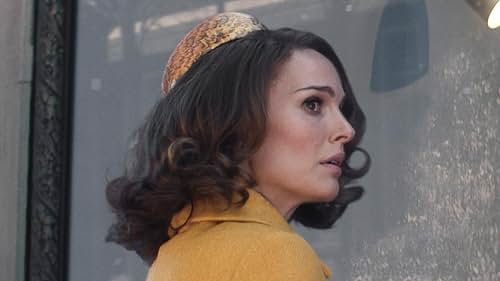
Performance and Artistry
Natalie Portman and Moses Ingram deliver powerhouse performances that breathe life into their respective characters. Portman captures Maddie’s transformation with nuanced intensity, portraying her inner turmoil and determination with raw authenticity. Ingram, equally compelling, embodies Cleo’s strength and vulnerability, making her a compelling force throughout the series.
Director Alma Har’el’s visionary approach enriches the narrative, blending vivid cinematography with a haunting soundtrack that evokes the spirit of the 1960s. Each frame is meticulously crafted to immerse viewers in the era’s cultural tapestry, from the bustling streets of Baltimore to the smoky jazz clubs that underscore moments of revelation and reckoning.
Reflections on Faith and Morality
As Maddie and Cleo navigate their intersecting paths, “Lady in the Lake” invites viewers to contemplate deeper questions of faith and morality. Maddie’s journey mirrors a spiritual awakening, where the pursuit of truth becomes a moral imperative, transcending personal ambition to embrace a higher calling. Cleo’s unwavering resolve in the face of adversity challenges the audience to consider the moral imperative to fight for justice, even at great personal cost.
In a society marked by division and prejudice, the series underscores the Christian values of compassion, empathy, and justice. Maddie’s evolution from a privileged observer to an active participant in Cleo’s quest for justice reflects a Christian ethos of solidarity and collective responsibility. Through her journey, viewers are reminded of the biblical injunction to “do justice, love mercy, and walk humbly with your God.“
Conclusion: A Testament to Resilience
“Lady in the Lake” is more than a mystery; it’s a testament to the resilience of the human spirit and the quest for justice in an unjust world. Maddie and Cleo’s intertwined narratives offer profound insights into the complexities of identity, privilege, and societal change. As viewers journey through the labyrinthine streets of 1960s Baltimore, they are challenged to confront their own biases and assumptions, echoing the Christian call to seek truth and pursue justice.
With its compelling performances, rich thematic tapestry, and evocative storytelling, “Lady in the Lake” transcends the conventions of a typical crime drama. It invites viewers on a transformative journey of self-discovery and moral reckoning, resonating deeply with Christian teachings on redemption, compassion, and the inherent dignity of every human life.
Rating: 9/10
“Lady in the Lake” earns high praise for its bold narrative choices, stellar performances, and thematic depth. While occasionally veering into stylistic indulgence, the series remains a compelling exploration of justice, identity, and the pursuit of truth. It is a must-watch for viewers seeking more than mere entertainment—a thought-provoking journey into the heart of human complexity and moral conviction.

